by Kelly Lynch
Back in 2020, Zach, a local resident, was given a citation for not having car insurance. He couldn’t afford to pay the fine which led to his driver’s license being suspended. He still needed to work in order to pay bills and survive, so he continued to drive. After getting busted two times for driving with a suspended license he served six months in the Alachua County jail. He now faces debts in his collection accounts and cannot legally drive for five years. He owes money to a complicated web of collectors, and can’t even drive himself to work in order to pay them off.
Zach’s story is not uncommon. In fact, he is just one of the millions of people in Florida who have a suspended license, not for unsafe driving, but for unpaid fines and fees.
The criminal “justice” system is catastrophically unjust. One of the main factors that determines your ability to navigate the criminal legal system is money. As a nation, we are putting poor people in traps through the carceral system, and expecting them to climb out without question. We are cultivating cycles of poverty and despair, and then wondering why no one can get it together.
Throughout the state of Florida, including here in our community, there are laws, punishments, fines and fees that target the poor. Trespassing charges for people experiencing homelessness, license suspensions for nonpayment of citations, and the extensive court costs that come with all these things are just a few examples. Here in Gainesville, someone begging for money can be punished with a $50 fine, plus up to 60 days in jail. You didn’t misread that. Fines like this may be a minor inconvenience to wealthy people, but to someone struggling financially they can cause life-changing economic damage. The fines and fees associated with police interactions across the nation have indebted people an estimated tens of billions of dollars. These debts disproportionately impact low-income individuals and families.
Race is also a factor. Systemic racism drives vastly different outcomes in the criminal legal system here in Florida. While the state population is only 17% Black, disparities in arrests, prosecutions and sentences result in Black people making up 47% of the prison population. Here in Alachua County the disparity is even more extreme, with Black people making up 67% of the jail population despite only being 19% of the local population. These arrests and the debts created from them unfairly burden and exploit low-income families and entire neighborhoods in our community. The carceral system targets the most financially vulnerable of populations, overpolices them, and then puts them in cycles of debt that they can almost never successfully climb out of.
Targeting the poor is not working. The Brennan Center for Justice reports that performance standards for court clerks in Florida expect only 9% of fines for felony cases to be successfully collected. This leads to more arrests. Despite the fact that debtor’s prisons are illegal in the US, there are many occasions where a person isn’t jailed for their “crime,” they are jailed for their inability to pay for fines and fees. While many incidents may start out with one unaffordable fine, as in Zach’s case, they often end with people trapped in a cycle of arrests, court fees, incarceration fees, and probation/supervision fees. This is one reason that Florida is a top contributor to mass incarceration.
Exploitative situations like Zach’s are costly, cruel and counterproductive. At Community Spring, we refuse to sit back and watch it happen. We want to live in a community where your neighborhood and socioeconomic status do not increase your chance of arrest. That’s why the fellowship class of 2023-2024 is campaigning to Decriminalize Poverty! in Gainesville and Alachua County. We are working to highlight the overpolicing of low-income neighborhoods and limit the unjust financial burden of fines and fees that trap many of our neighbors in cycles of debt. We are also creating a “Know Your Rights'' training series to provide community members with the tools to better navigate the injustice of the criminal justice system. Follow us on social media or join our email list to stay up to date and learn how you can get involved.

